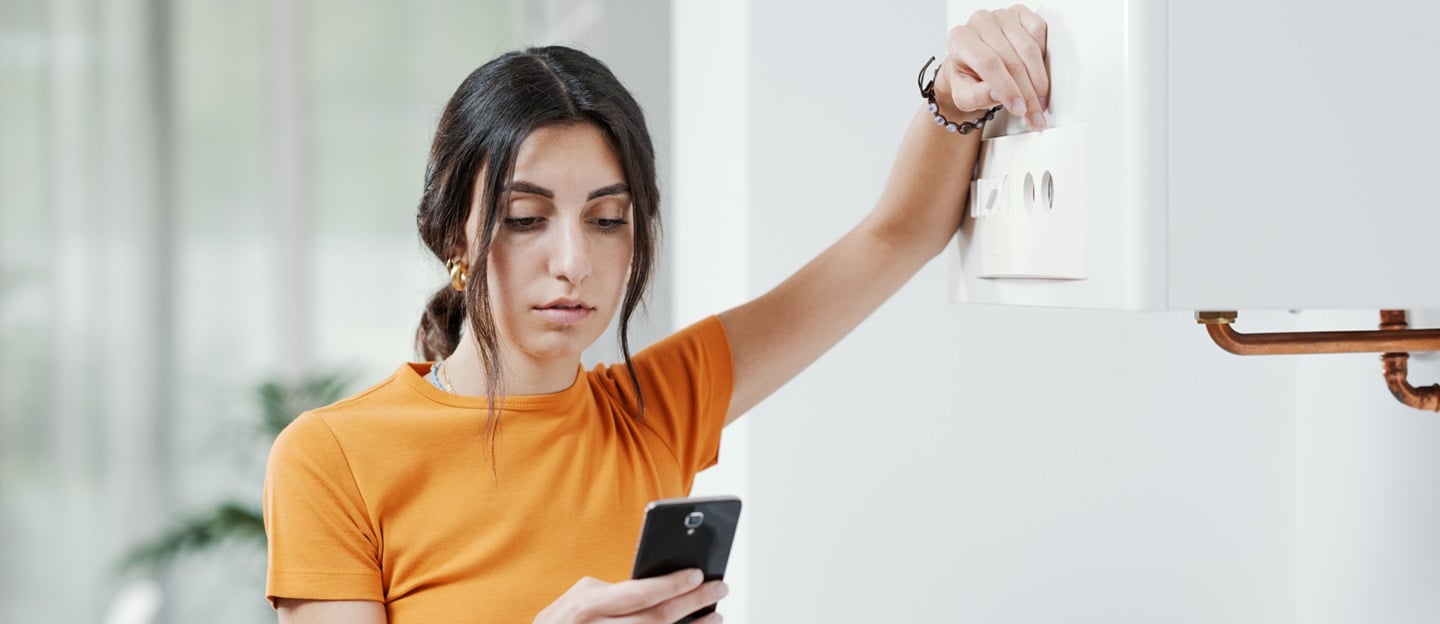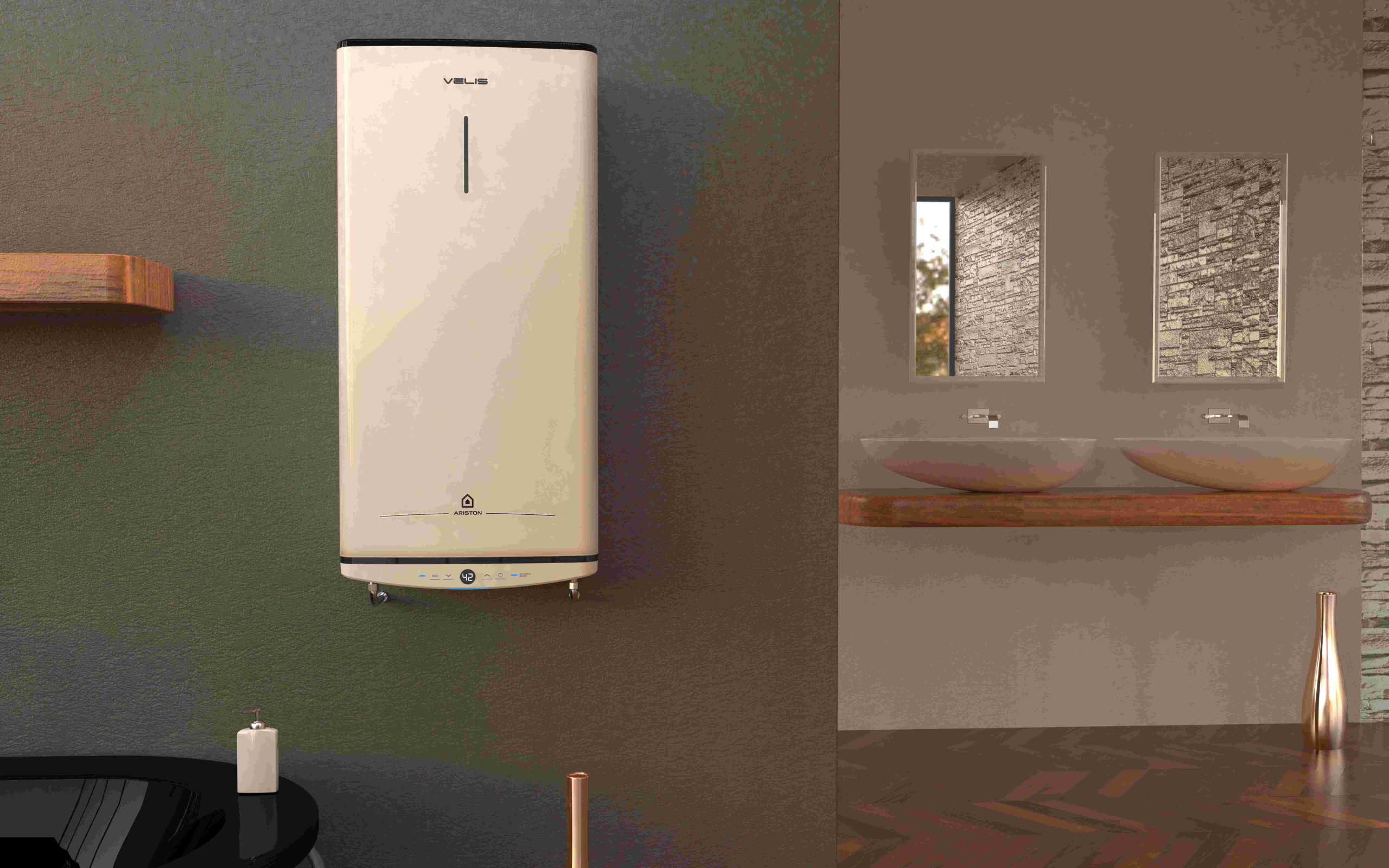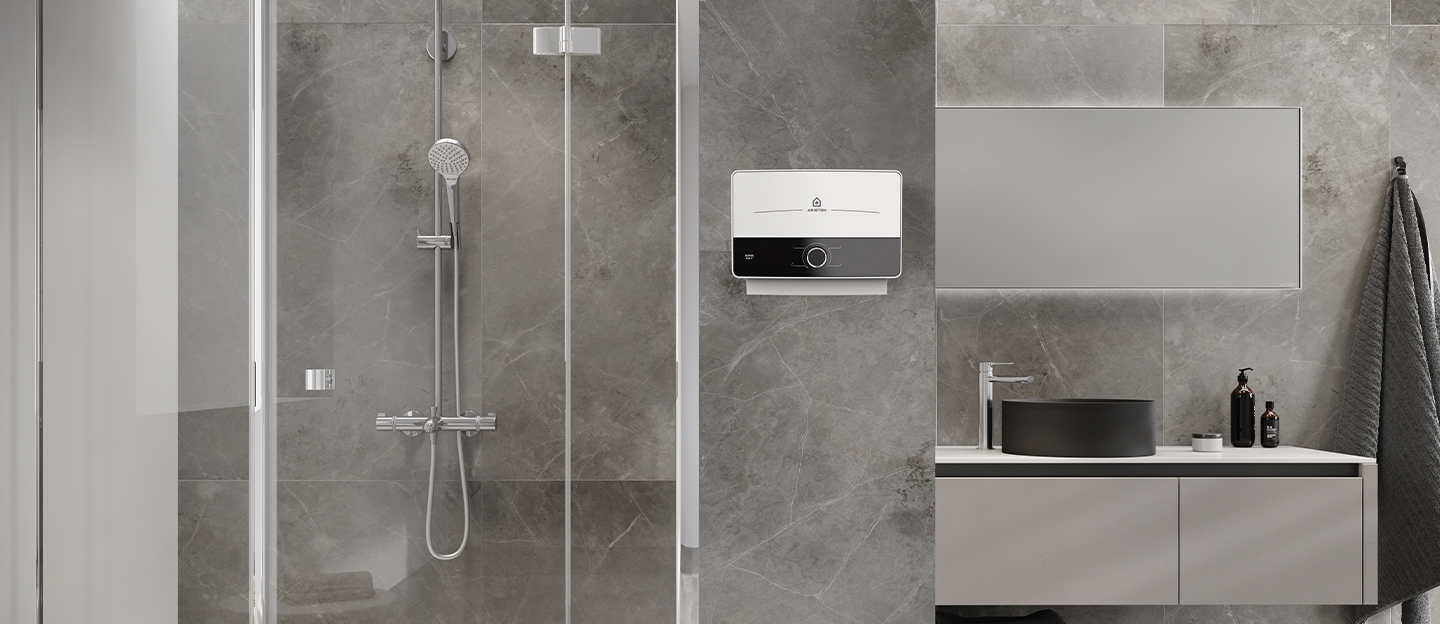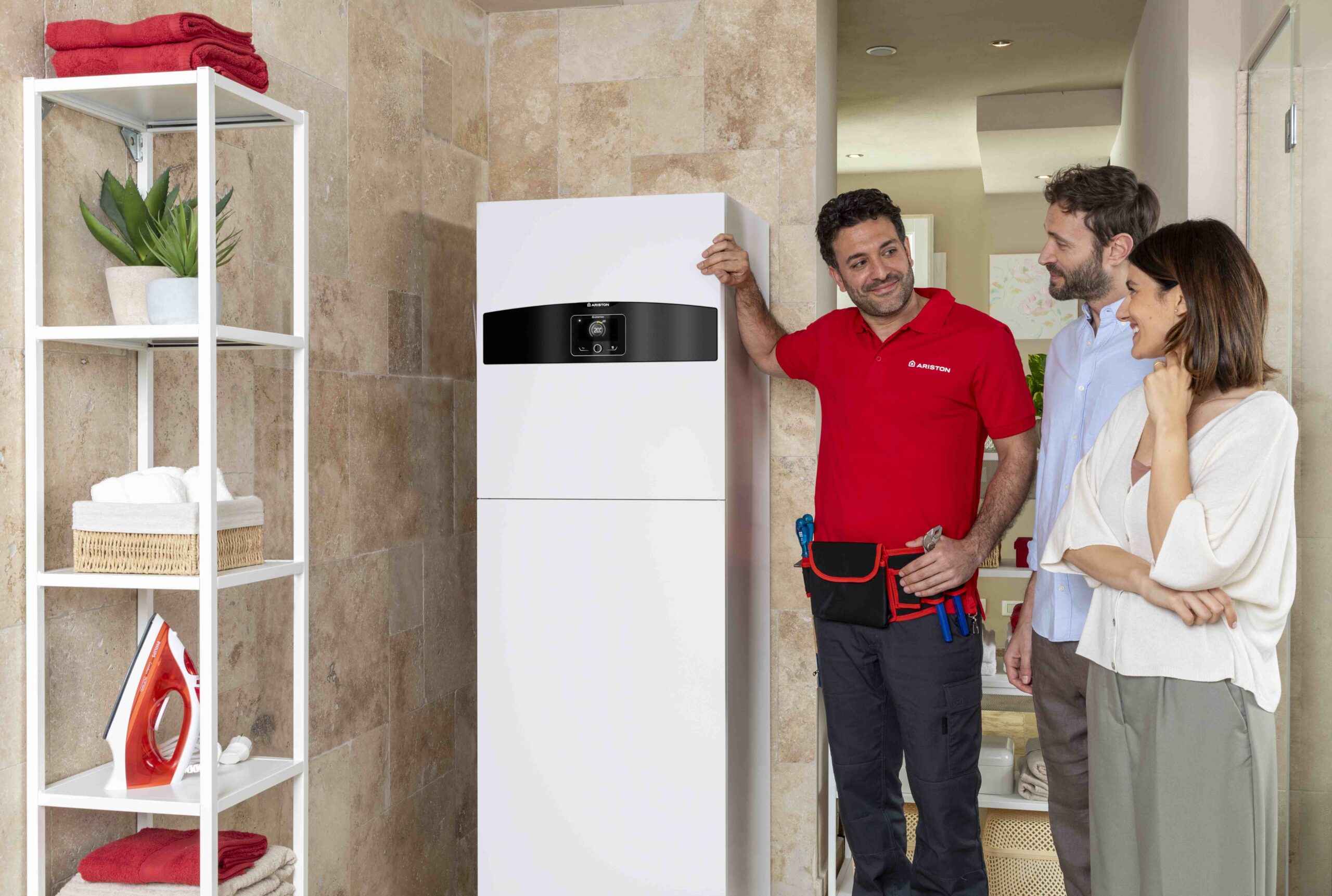Water heaters: common problems and how to fix them
Discover why your heating appliances may malfunction and learn how to troubleshoot common glitches.
Water heater problems and solutions
Discovering your water heater’s problems and solutions is a skill that could help you save money and time. Although there may be different causes and therefore, different solutions to these problems, little by little it is possible to discern and differentiate between the possible malfunctions.
The important part of all of this is that you always proceed with caution and responsibility and call on a technician if you need help.
Water heater models
Before you begin to understand the reasons why your water heater isn’t working, it would be helpful to identify which water heater you have in your home. Here are a few common water heater models:
•Electric water heater: These models of water heaters are perhaps the most common. Convenient and eco-friendly, these water heaters function electrically, and therefore depending on the specific type can heat your water instantaneously or in a matter of hours.
•Gas water heater: Another familiar type of water heater is the gas-based one. This model is the one that you may likely have in your home if you live in an apartment or a smaller space. The water heater functions with gas to heat the water.
•Heat pump water heater: This model works with a special tube that contains a refrigerating liquid that becomes gas when the water heater is asked to be turned on to heat the water. Once the liquid becomes gas, it is then transferred or removed, leading then to the cooling or heating of the water for the utilities.
Possible water heater problems
The first step to follow if your water heater is presenting issues is to stay calm. Problems may arise with the continued use of the appliance, and knowing how to act on it is essential. What follows is a list of some of the most common problems that you could be experiencing with your water heater:
•No hot water: Is no hot water coming out? Check the connection to your electricity source if your water heater is electric or if you have a heat pump, and see if it may have come detached or is wethered and needs replacing. If you have a gas water heater, check the gas source.
•Strange noises: Do you hear popping, banging, and hissing sounds? This may be due to accumulated sediment at the bottom of your water heater tank. Should this be the issue, you can try having your water heater cleaned out.
•Low water pressure: Check the pipes in your home. If you live in an older home it may be due to the age of the pipes (which may need to be looked at and consequently replaced). If however you live in a newer home and the pipes aren’t the problem, check that the pipes or water inlet valve aren’t clogged.
•Termostat temperature: A common malfunction that may arise over time, the water heater having trouble with the hot water could mean that your thermostat may have glitched with the desired temperature, which should this be the case, just needs to be reset to your desire.
•Excessive energy bills: This may be due to your water heater being a bit dated, which means that a replacement of the water heater unit could solve this problem. A solution could be that of purchasing a new and more modern water heater that presents not only lower energy bills but also has less impact on the environment.
Fixing Your Water Heater and Boiler for Hot Water and Heat
Whichever the reason, fixing your water heater so that you are supplied with hot water in your home is paramount. There may be a multitude of factors that are contributing to the problem with your water heater, and the ones we listed are usually the more common ones that you can use as a starting point.
Furthermore, once you have checked your water heater personally, it is always advisable to also call on an expert technician to come and check out the problem as well so that should an intervention be necessary, you will be certain that it is the right one.





